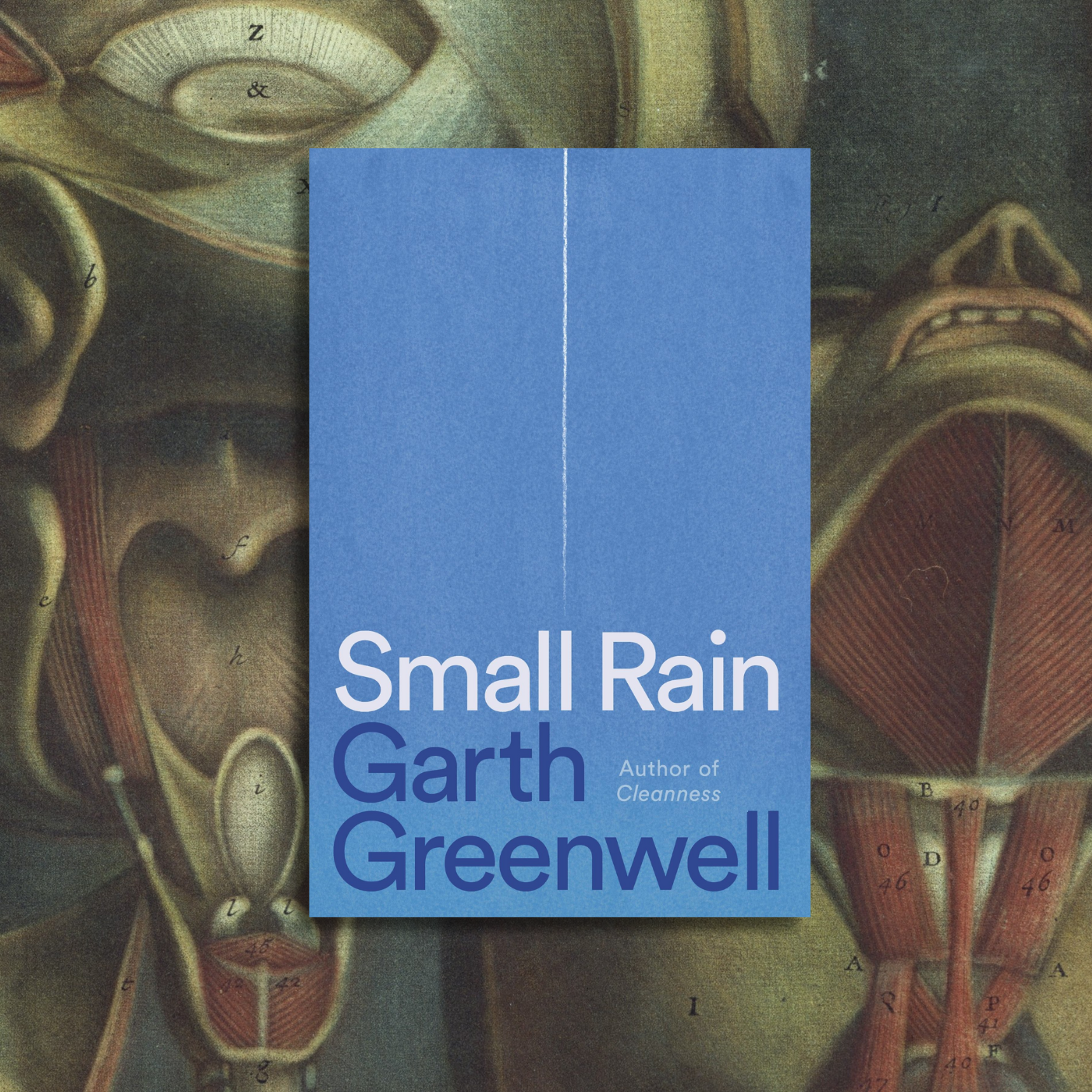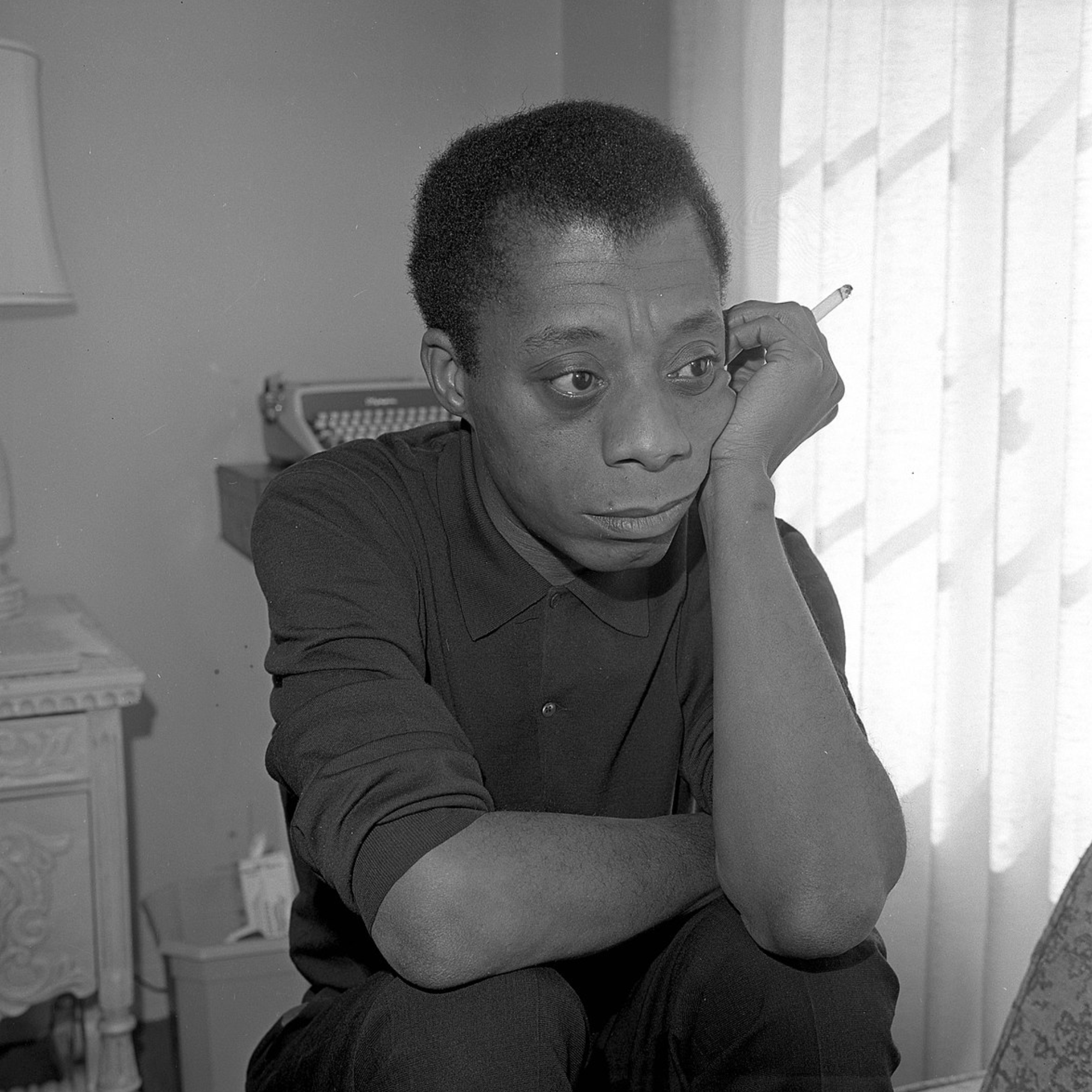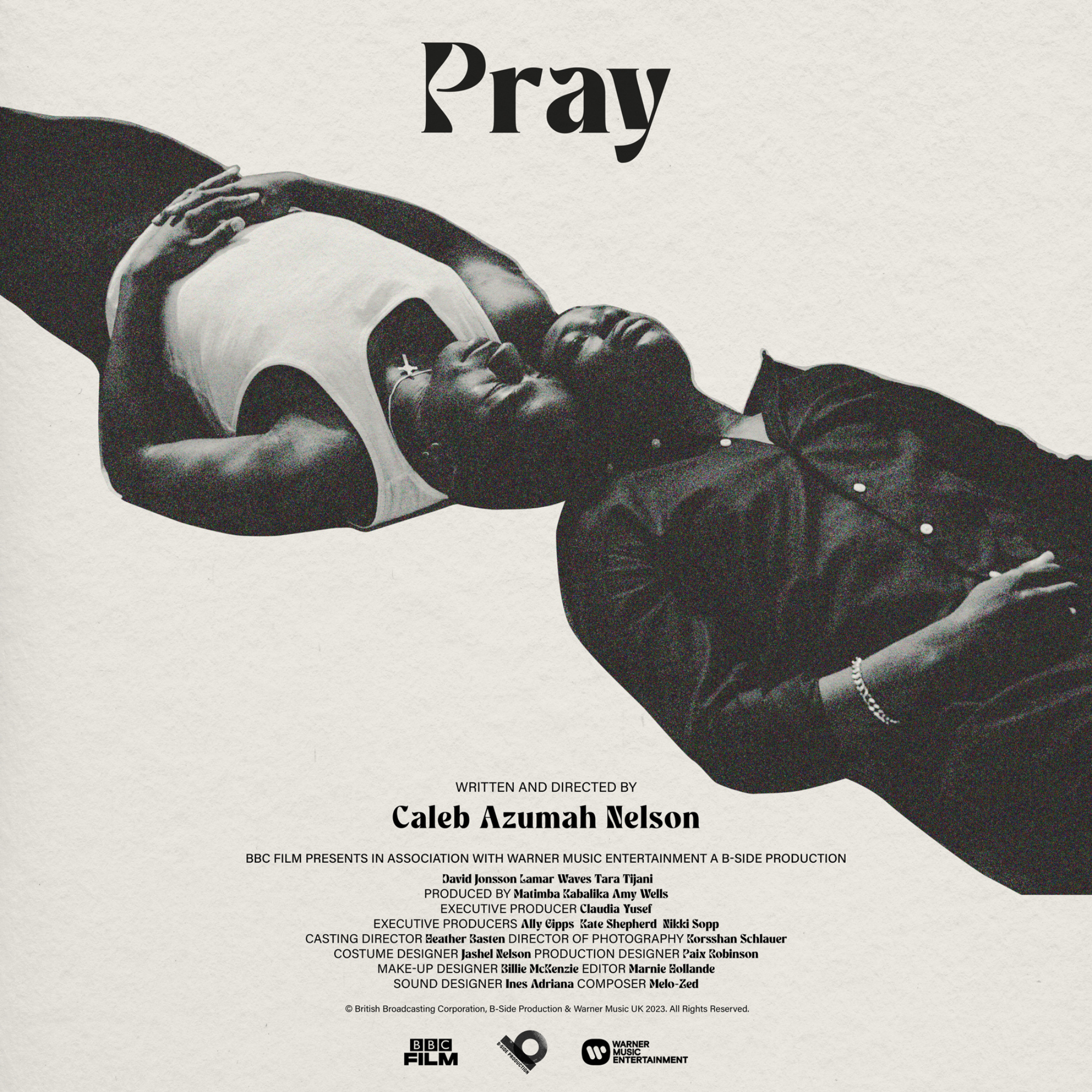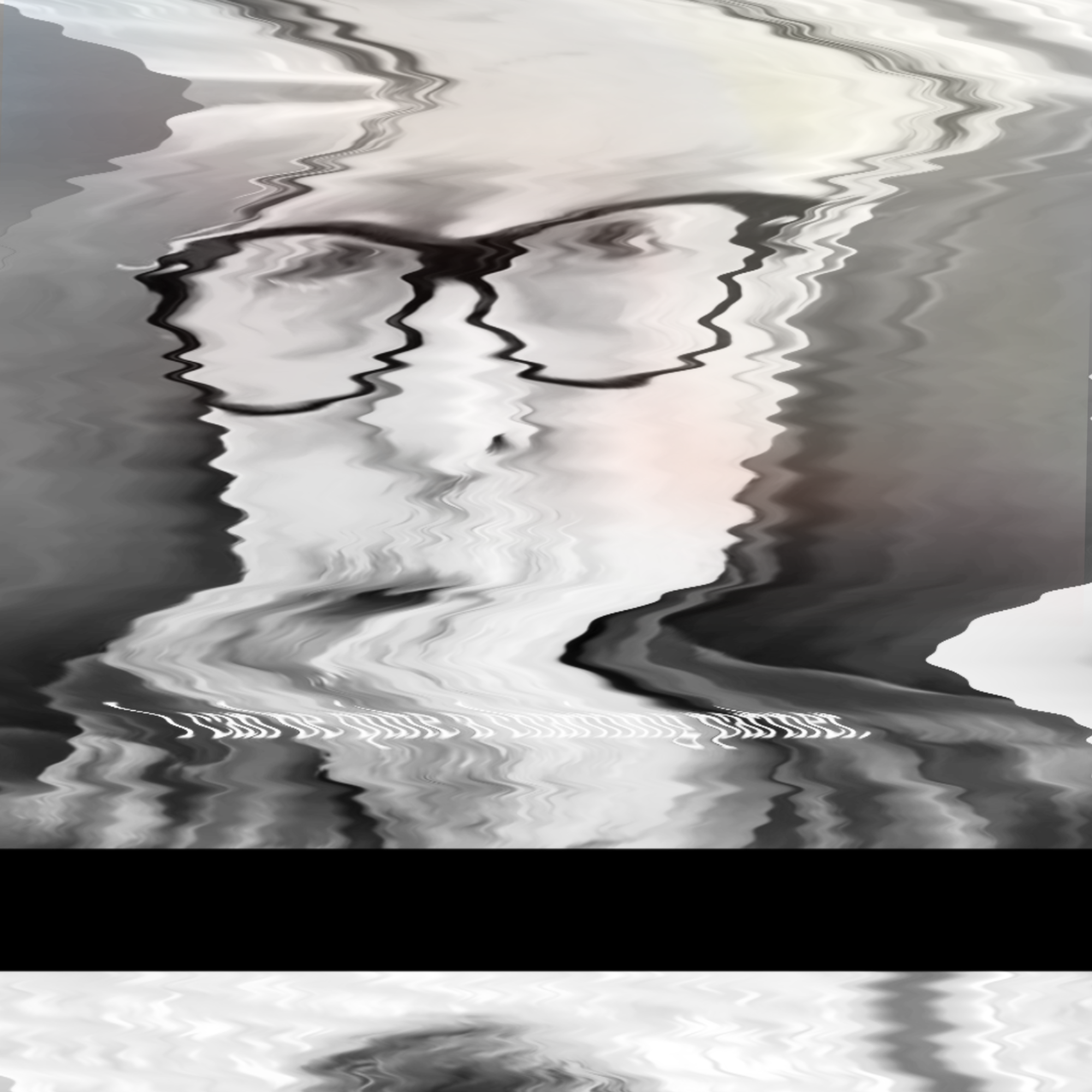- Studio Dirt
- Posts
- Man of the year
Man of the year
Where have all the sad boys gone?

Walden Green on Young Jesus’ ‘The Fool’ and whether the left really needs a Joe Rogan.
In 2016, the turning point year of an era where every year feels like a turning point, Donald Trump was elected President of the United States; Bob Dylan was awarded the Nobel Prize in Literature; and a conversation kicked up about the male-authored novel, whether it still had a place in contemporary culture. Despite being the first—and still the only—songwriter to win the award, Dylan’s oeuvre itself plays like a sort of extended novel, with recurring characters orbiting around our wily narrator-protagonist; the prize just cemented his place in the pantheon of great sad boy writers.
Now jump forward eight years: leading up to what would be Donald Trump’s second electoral victory, the discourse surrounding fiction’s ongoing masculinity crisis hits a fever pitch. In an article for Esquire titled “Where Is All The Sad Boy Literature?”, Katie Tobin lamented how “Young men appear to be glaringly absent from the contemporary canon of popular authors writing about sex and intimacy.” Writing in November, this looks a lot more like a huge neon warning sign for the 2024 election, where those same young men broke significantly in favor of Trump.
Since the election, I’ve seen a lot of soul-searching among the online left, trying to figure out where we lost the thread. Some credited Trump’s appearances on manosphere podcasts hosted by the likes of Joe Rogan, Theo Von, and Adin Ross—figures who don’t really have a leftist equivalent in terms of their sheer reach. Men will inevitably seek out culture that speaks to them, entertains them, and at least posits to understand them, but there’s a widespread notion that the literary world is no longer the place to find it.
Men will inevitably seek out culture that speaks to them, entertains them, and at least posits to understand them
In major publications, personal Substack newsletters, and, of course, on X, everyone has offered their own diagnoses; “young men aren’t reading, so how can they be expected to write?”; “the publishing industry is disproportionately women-dominated”; “Andrew Tate says books are ‘for losers who are afraid to learn from life.’” I find the writer Andrew Boryga’s take on the absence of a new male canon—which he wrote for his newsletter Dwell—to be the most revealing: “that vulnerability, that rawness that people seemingly want,” he writes, “may very well sound too rough, cringy, uncultured, un-PC, un-woke, or whatever the hell you would like to call it.”
However, as ContraPoints’ Natalie Wynn once quipped, “being silent is a big part of being silenced,” and at this point, there seems to be more talk of a cultural stigma around male vulnerability than there is stigma. Still, as long as there’s discourse there will be bad actors seeking to hijack it—unless we can offer a better alternative.
At this point, there seems to be more talk of a cultural stigma around male vulnerability than there is stigma
Enter The Fool, by Young Jesus, the stage name of John Rossiter. Having dabbled in bar rock and jazz-folk for over a decade, Rossiter’s latest album is an homage to Heartland Americana and its standard-bearer angry young men.
Like some of Dylan’s best work, The Fool takes a literary approach to songwriting. The characters Eloise and David reappear on multiple songs, while it's left up to the listener to decide the extent to which any of this material is autobiographical. Rossiter can be a mirror, reflecting a young man’s inner life back at himself, or a mold for that man to be poured into. The Fool is both a rejection of the Great Man theory of history and an embrace of what it means to be a good man.
Take track six (and the album’s midpoint) “MOTY,” which stands for “Man of the Year” and opens with the line “Your favorite singer hates the sound of his own voice.” Rossiter rails against corrupt politicians, actors who abuse their wives, and the “greatest innovators…frozen at the core of daddy’s anger and mommy’s trauma”; he could give the names of real celebrities to any of these archetypal figures—you probably can, too—but he doesn’t. Here’s who Rossiter pays that dignity to instead: “Stephen and I back in last July / Cried at the kitchen table, cried ‘til we couldn’t cry.”
Rossiter can be a mirror, reflecting a young man’s inner life back at himself, or a mold for that man to be poured into.
The picture feels shocking in a moment dominated by virulent machismo, what Sophie Kemp described as “a kind of rot,” in an essay for the Los Angeles Review of Books last week. “It’s so easy to backslide into if you are bored and hateful.” Of course, this is why something like The Joe Rogan Experience exists in the first place: as a cure for boredom. The kind of “gentleman’s debates” that he trades in are best enjoyed by people with little to no material stakes in the issues at hand.
By that token, creating empathy—what should arguably be the goal of all art, across genre and medium—is best achieved from the bottom up, from the margins in. Tobin describes the work of literary historian Stephen Greenblatt, who proposed that, in the early modern period, reading fiction was essential to the so-called “masculine ‘self-fashioning’” into an ideal member of public society. Where have all those good men gone?
Creating empathy is best achieved from the bottom up, from the margins in
Across The Fool, Rossiter isn’t afraid to croon and yowl, to lean into his vibrato until it sounds like he’s on the verge of tears. At points, you can practically hear the flecks of spittle hitting the microphone. Track four, “Rich,” could be construed as tasteless woe-is-me grandstanding, but to me reads as a harrowing account of all the things privilege can’t save you from: suicide, violence, schizophrenia, anorexia, addiction. It’s a common understanding in feminist spaces that patriarchy is bad for men too, but hearing that from a supposed beneficiary of the system carries a different power.
“This more than anything feels like the prevailing pathology of men in this cohort,” Kemp writes. “They feel small.” After all, the manosphere is built on a twisted foundation of Stoic philosophy: denying oneself anything that does not further the goals of productivity, optimization, and, eventually, control. The Fool rejects this. Rossiter sets an example for going big, for making every swing a swing for the fences (the one and only sports metaphor I will employ here). When the stakes of the moment are high, it’s the only option. And they are high, terrifyingly and thrillingly so: “‘Yeah your life's on the line, kid,’” he reminds us, laying out The Fool’s mission statement from its first song. “‘Your life is a gift.’”

DIRT ON SAD BOYS
|
|
|
|
|
|
|

🌱 JOIN THE DIRTYVERSE
Join our Discord and talk Dirt-y with us. It’s free to join! Paid subscribers have access to all channels.
Follow @dirtyverse on Twitter and @dirt.fyi on Instagram for the latest news and Spotify for monthly curated playlists.
Shop for some in-demand Dirt merch. 🍄






